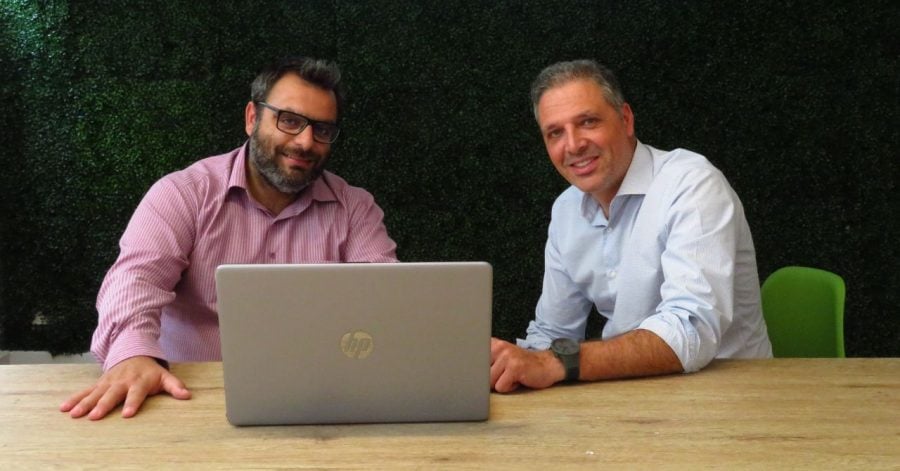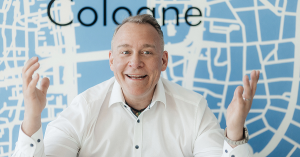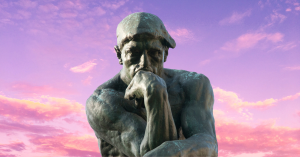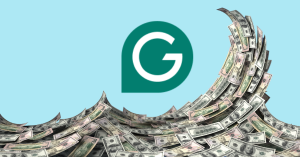• Wikifarmer, the global platform empowering farmers through education and open access to the market, has successfully completed a seed financing round.
• The funding (of an undisclosed amount) was raised with the support of world-class investors such as Mathias Kamprad, Inter IKEA BoD, Sophia Bendz, venture capitalist and former Spotify global director of marketing, the Constantakopoulos foundation, and with the participation of Metavallon Venture Capital, a leading Greek VC firm.
• Wikifarmer will use the new money to expand its marketplace and farmer education platform.
Through its library, Wikifarmer gives farmers access to free up-to-date knowledge on agricultural best practices. Then, by simplifying transactions in the agricultural sector, Wikifarmer’s marketplace helps farmers to sell their products directly to businesses, minimizing the large number of intermediaries currently existing along the chain. Thus, it connects producers with buyers, avoiding the unnecessary large commissions paid in the food value chain, and building transparency and accountability in every transaction.
Wikifarmer’s library and marketplace have already been visited by 12 million visitors from more than 200 countries. Farmers have uploaded more than 30,000 products, while more than 5,000 buyers have purchased a product directly from farms.
Empowering farmers to know their value and adopt innovations
The farming sector is still one of the least digitized, creating the paradox: farmers are the most valuable part of the agricultural value chain, but they still make the least profit out of it. In addition to that, most farmers are still using out-of-date techniques to grow their produce.
Wikifarmer’s co-founders Ilias Sousis, Peter Sagos, and Harry Parianos recognized the negative impact caused by outdated farming practices on the environment, food security, and the financial sustainability of farmers. They set out to address the challenge. Moreover, helping farmers make a higher profit margin out of their commercial activities would have a wider impact on the health of the economy and the quality of the products.
“We want to democratize agriculture, give farmers around the world the chance to learn new things and thus the opportunity to grow their capabilities, their crops, their earnings. This is the only way forward to make this sector more sustainable and feed the growing world population”, says Sagos.
The co-founders will use the funding to optimize the farmer education content to reach 20 languages. It will also be aimed at enhancing Wikifarmer’s marketplace presence in Greece, Italy, France, and Spain – with the objective to create a Mediterranean hub of farmers that will attract buyers from all over the world.
For more details on Wikifarmer’s solution and business model, check out The Recursive’s interview with one of Wikifarmer’s co-founders – Ilias Sousis.







